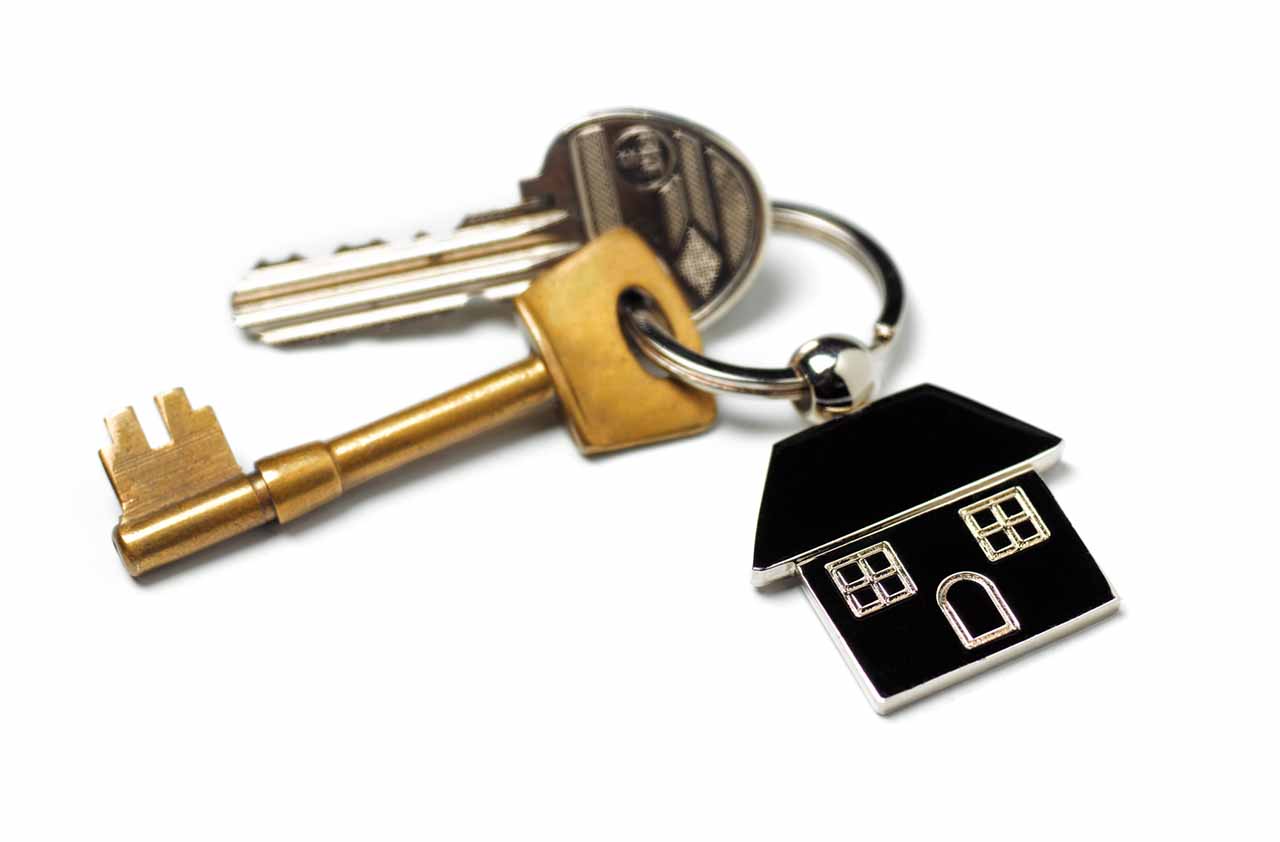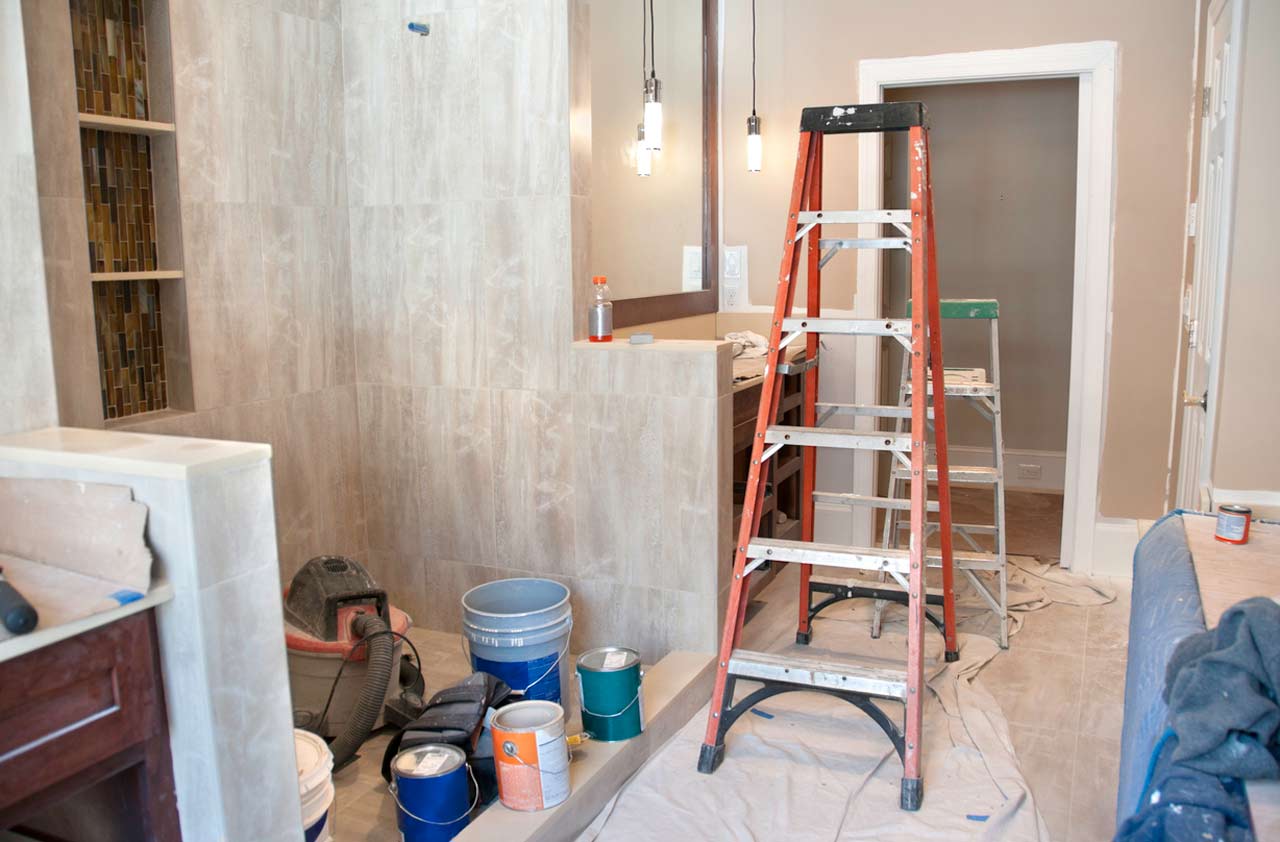When an Appraisal Holds Back a Home Sale
Here's what sellers and buyers can do if a home is valued lower than the price they agreed on in a contract.

Profit and prosper with the best of Kiplinger's advice on investing, taxes, retirement, personal finance and much more. Delivered daily. Enter your email in the box and click Sign Me Up.
You are now subscribed
Your newsletter sign-up was successful
Want to add more newsletters?

Delivered daily
Kiplinger Today
Profit and prosper with the best of Kiplinger's advice on investing, taxes, retirement, personal finance and much more delivered daily. Smart money moves start here.

Sent five days a week
Kiplinger A Step Ahead
Get practical help to make better financial decisions in your everyday life, from spending to savings on top deals.

Delivered daily
Kiplinger Closing Bell
Get today's biggest financial and investing headlines delivered to your inbox every day the U.S. stock market is open.

Sent twice a week
Kiplinger Adviser Intel
Financial pros across the country share best practices and fresh tactics to preserve and grow your wealth.

Delivered weekly
Kiplinger Tax Tips
Trim your federal and state tax bills with practical tax-planning and tax-cutting strategies.

Sent twice a week
Kiplinger Retirement Tips
Your twice-a-week guide to planning and enjoying a financially secure and richly rewarding retirement

Sent bimonthly.
Kiplinger Adviser Angle
Insights for advisers, wealth managers and other financial professionals.

Sent twice a week
Kiplinger Investing Weekly
Your twice-a-week roundup of promising stocks, funds, companies and industries you should consider, ones you should avoid, and why.

Sent weekly for six weeks
Kiplinger Invest for Retirement
Your step-by-step six-part series on how to invest for retirement, from devising a successful strategy to exactly which investments to choose.
I am in the process of selling my home and buying another. Purchase agreements have been hammered out, inspections have been done (and issues that were uncovered are being addressed), and the closing date has been set. There's just one last hurdle we have to clear before I'm ready to say with certainty that we are moving: the appraisal.
DOWNLOAD: The Kip Tips iPad App
Over the past three months, real estate appraisals have held back more than one-third of home sales, according to a survey by the National Association of Realtors. Of the Realtors surveyed, 9% said a contract was delayed because an appraisal came in below the negotiated price, 15% said a contract was renegotiated to a lower price and 11% said a contract was cancelled as a result of a low valuation.
From just $107.88 $24.99 for Kiplinger Personal Finance
Become a smarter, better informed investor. Subscribe from just $107.88 $24.99, plus get up to 4 Special Issues

Sign up for Kiplinger’s Free Newsletters
Profit and prosper with the best of expert advice on investing, taxes, retirement, personal finance and more - straight to your e-mail.
Profit and prosper with the best of expert advice - straight to your e-mail.
A low valuation can scuttle a deal if the buyers are relying on financing from a bank to purchase a home. Banks require appraisals to verify that a home's sale price is supported by its market value and won't issue a loan for more than the appraised value. However, there are several things buyers and sellers can do if an appraisal is lower than the price they agreed on, says Walter Molony, a spokesperson for the National Association of Realtors. "You don't have to sit there and silently take what happens," he says. Here are his tips:
Sellers can ...
-- Ask your lender, who ordered the appraisal, to speak with the appraiser if you feel that the appraisal does not accurately reflect the value of your property. The Truth in Lending Act allows the appraiser to be asked to provide further detail, substantiation or explanation for his or her conclusion about the value of a house and can be asked to consider additional, appropriate property information, including information about comparable properties, to make or support a valuation. For example, the appraiser might have used short sales and foreclosures when making comparisons for valuation purposes, and the low prices of these properties could be unduly influencing your home's appraisal.
-- Ask for a second appraisal, especially if the first one was done by an out-of-town appraiser who wasn't familiar with the market.
-- Pay for your own appraisal and, if the valuation is higher, use it to contest the first appraisal. To find a certified appraiser, visit the Appraisal Institute's Web site.
Buyers can ...
-- Try to renegotiate the price if you don't have the cash to cover the difference between what the bank is willing to lend and the negotiated price.
-- Ask for another appraisal if the seller won't agree to a lower price, and ask the lender to make sure that the appraiser distinguishes between distressed (foreclosures and short sales) and non-distressed properties when making comparisons for valuation purposes.
-- Cancel the contract if it was contingent upon your ability to secure a mortgage (and you aren't able to get a mortgage for the agreed upon percentage of the purchase price because of the low valuation).
Editor's note: A previous version of this column incorrectly recommended that a home seller could ask an appraiser to reconsider his or her appraisal if the seller thought it didn't accurately reflect the value of the property. The seller should communicate concerns with the lender that ordered the appraisal, not with the appraiser, once an appraisal is complete.
Profit and prosper with the best of Kiplinger's advice on investing, taxes, retirement, personal finance and much more. Delivered daily. Enter your email in the box and click Sign Me Up.

Award-winning journalist, speaker, family finance expert, and author of Mom and Dad, We Need to Talk.
Cameron Huddleston wrote the daily "Kip Tips" column for Kiplinger.com. She joined Kiplinger in 2001 after graduating from American University with an MA in economic journalism.
-
 Stocks Sink With Alphabet, Bitcoin: Stock Market Today
Stocks Sink With Alphabet, Bitcoin: Stock Market TodayA dismal round of jobs data did little to lift sentiment on Thursday.
-
 Betting on Super Bowl 2026? New IRS Tax Changes Could Cost You
Betting on Super Bowl 2026? New IRS Tax Changes Could Cost YouTaxable Income When Super Bowl LX hype fades, some fans may be surprised to learn that sports betting tax rules have shifted.
-
 How Much It Costs to Host a Super Bowl Party in 2026
How Much It Costs to Host a Super Bowl Party in 2026Hosting a Super Bowl party in 2026 could cost you. Here's a breakdown of food, drink and entertainment costs — plus ways to save.
-
 Could Tax Savings Make a 50-Year Mortgage Worth It?
Could Tax Savings Make a 50-Year Mortgage Worth It?Buying a Home The 50-year mortgage proposal by Trump aims to address the housing affordability crisis with lower monthly mortgage payments. But what does that mean for your taxes?
-
 The Mansion Tax: Do You Need to Worry About It?
The Mansion Tax: Do You Need to Worry About It?Mansion Tax If you’re in the market for a high-value home, you may face an additional tax rolled into your closing costs.
-
 Five Big Steps to Buying Your First Home
Five Big Steps to Buying Your First Homereal estate We told you how to prepare years ahead of your first home purchase. Now here is how to close the deal.
-
 Home Prices Declined the Most in These 10 U.S. Cities in 2022
Home Prices Declined the Most in These 10 U.S. Cities in 2022Home prices fell by amounts not seen in years in several major metro areas.
-
 Cash Home Buyers: New Services Offer Help Making All-Cash Offers
Cash Home Buyers: New Services Offer Help Making All-Cash OffersBecoming a Homeowner Some firms help home buyers make all-cash offers on homes. Weigh the fees before you sign on.
-
 You Can Still Buy and Sell a Home During the Coronavirus Outbreak
You Can Still Buy and Sell a Home During the Coronavirus Outbreakhome But you’ll have to jump through some hoops to close the deal.
-
 3 Tips to Update Your Bathroom for Less
3 Tips to Update Your Bathroom for Lessreal estate The time of year, where you shop, and how you design can all affect your remodel costs.
-
 Trim Your Mortgage Rate With a 'Nonbank'
Trim Your Mortgage Rate With a 'Nonbank'real estate Online lenders could help you cut your expenses.